Signposts along SA’s road to Net Zero from the Fearless Conversation on Environment and Sustainability
The road to net zero emissions will rocky, but could lead to great benefits with SA leading the way, the Fearless Conversation forum has heard. Here’s what the experts said.
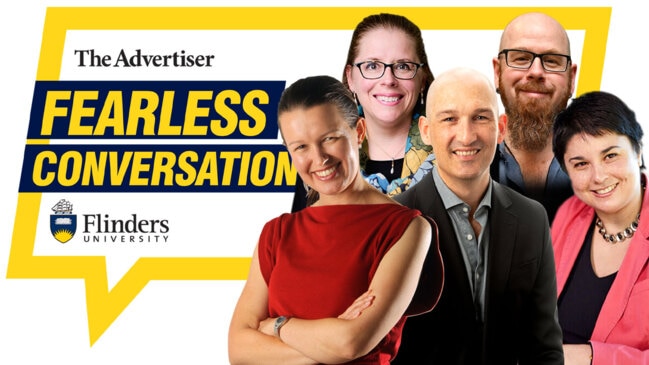
Fearless Conversations
Don't miss out on the headlines from Fearless Conversations. Followed categories will be added to My News.
When Australia finally sets off on the road to net zero emissions by 2050, there will be key signs of progress along the way, an expert panel says.
The sixth panel discussion in the 13-part series of Fearless Conversations explored the opportunities and challenges in the environment sector.
Net zero means balancing the greenhouse gas emissions produced against and greenhouse gas emissions taken out of the atmosphere.
The goal is to limit global warming caused by excess greenhouse gases in the atmosphere to 1.5C above pre-industrial levels, to avoid the worst of climate change.
Frazer-Nash Consultancy energy analyst Dr Ben Heard said he liked the term net zero “because it takes the excuse-making away, fundamentally”.
“I’ve seen critics of net zero say that this is going to become another excuse for buck-passing and offsets, so they’re focusing on the ‘net’,” he said.
“My experience with the stakeholders we’re working with is actually, it’s created a hard focus on ‘zero’. I’m seeing a lot of really powerful large corporates realising we have to get more and more of our processes down to zero.”
The first thing we need to see to know we’re on the right track, he said, was emissions going down.
“If they’re not going down, we’re not winning,” he said.
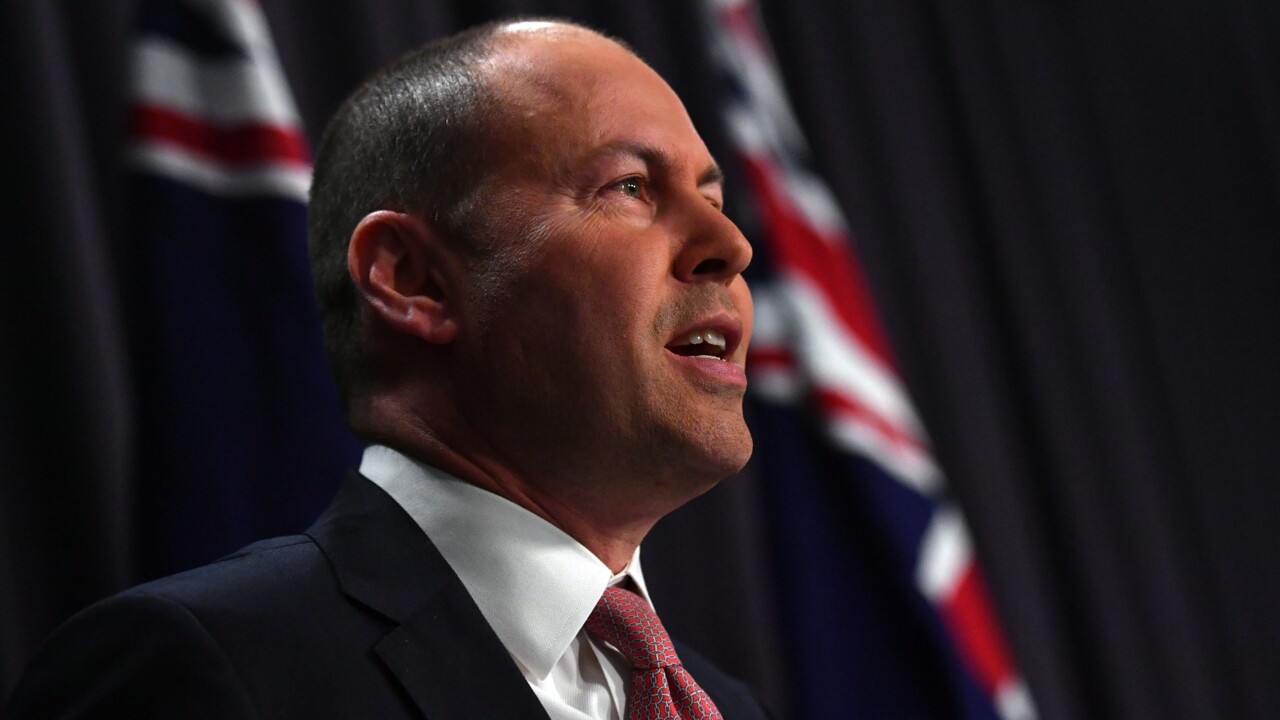
“And offsetting has a very limited future in that because eventually the whole world needs to do it, and you run out of places to hide.”
After the panel discussion Dr Heard checked Australia’s emissions trajectory and found that while there was some good news on electricity front, emissions from other sources were still trending upwards.
Before Covid-19, emissions from “all energy” had hit a new record high, with growth in emissions from industrial processes such as making cement and steel up and emissions from transport rising.
Australia’s path to net zero has started with electricity and Dr Heard said that problem “just needs to be solved”.
“A clean electricity system is not difficult,” he said on Wednesday at Fearless.
“Australia is making it as difficult as it can, by only choosing some technologies and not all technologies.”
The next sign of progress will be when the focus shifts to displacing oil, which will be “much harder than displacing coal from electricity”.
“There are some things along the way we genuinely don’t know how to do,” Dr Heard said. “So I will feel heartened when the effort and focus is switching to those difficult to decarbonise sectors …
“We need to get into the transport fuels, the industrial processes, and particularly the land use.”
Flinders University global ecology Prof Corey Bradshaw said society was “a complex adaptive system”.
“Every element of society has to work together because there is no one lever we can pull, we have to pull them all simultaneously,” he said.
Environmental engineer at GHD and educator Laura Trotter said the road to net zero was “not going to be easy”.
“We’re addicted,” she said.
“The transition is not going to be easy and there will be some sectors that may want to go back just like when you try and cut out your sugar from your diet, and you slip up, it’s not going to be an easy transition, but we can do it.”
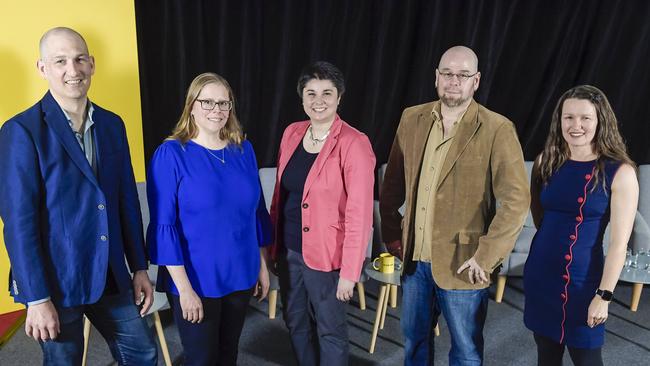
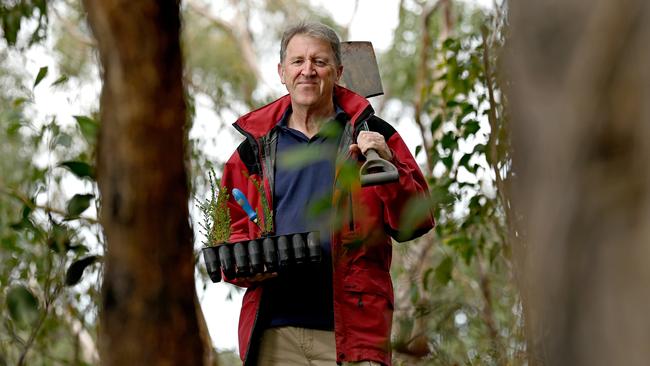
Bring biodiversity along for the ride
Halfway between McLaren Vale and Strathalbyn, Neale Dyster tends his patch of bush on the 40ha property called Echidna Ridge.
The semi-retired filmmaker and photographer is motivated by “a general love of the bush”, and a recognition of the “huge loss of habitat and biodiversity in Australia since white settlement”.
He runs tours to share the experience and inspire others.
Through the Prospect Hill Bushland Goup, he’s working with neighbours to protect and restore 800ha of bushland in the Mount Lofty Ranges.
“There’s about eight of us that have adjoining properties, all like-minded people and we have monthly working bees, where we get into the bush and pull out weeds and do a bit of revegetation when necessary,” Mr Dyster said.
“We also got involved with the state seed bank, where we collect seeds from plants that would have been widespread once upon a time, and are much more limited now.
“We’re collecting seeds and putting them into the seed bank so if there happens to be a bushfire or some sort of major disaster we can revegetate from there.”
Flinders University global ecology Professor Corey Bradshaw commends efforts to conserve the biodiversity in our landscape.
He is deeply concerned about the loss of habitat from land clearing that continues to this day, through loopholes in the Native Vegetation Act and through illegal activity.
But he is also critical of any attempts to make up for land clearing by planting elsewhere through offset schemes.
“Biodiversity offsets don’t work,” Prof Bradshaw said.
“Unfortunately, most of the forests in Australia would take between 300 and 1000 years to gain the similar function from nothing. So even if you could plant all the different species … the major tree species, all the shrubs and everything else on the forest floor, you wouldn’t get a fully-functioning (system for centuries).”
Prof Bradshaw said most people failed to appreciate the full range of services provided by a fully-functioning ecosystem, to the water cycle and the atmosphere including the air we breathe.
“So all of these elements of what we call ecosystem functioning don’t come back, and sometimes never come back, once you raise a forest,” he said.
“So biodiversity offsets don’t work, no matter how good your system is set up, so we have to get away from this concept that we can build and develop and destroy here, and then just do a bit of planting over here and she’ll be right, that’s a complete fallacy.
“So instead, yes we need to continue to restore, yes we need to do that on a massive scale. But we also have to think about our development and putting it into the places that are either previously disturbed and unlikely to come into any sort of natural state.
“And get smarter (about using cleared land) through the intensification of agriculture, as opposed to expansion.”
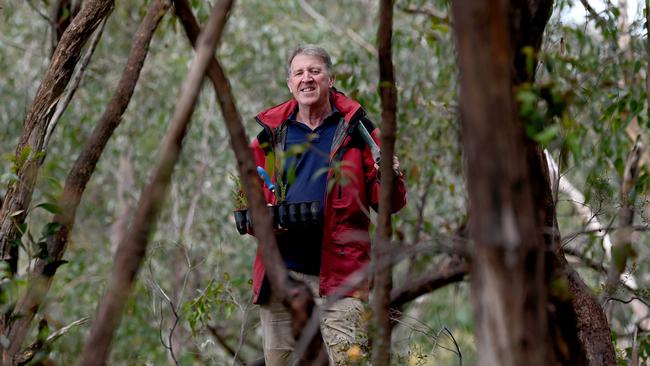
Frazer-Nash Consultancy energy analyst Dr Ben Heard said it was important to ensure efforts to address climate change did not trash forests and reefs, or anything else that we won’t recover from.
“As an optimistic futurist, it is probably going to be easier to one day in the future do the technological drawdown of carbon dioxide from the atmosphere than it is to replace this biodiversity,” he said.
“So we‘ve got to take more care with that on our road to net zero I think. That’s one reason why I’m quite passionate about nuclear technologies, because they are dense, it is a small footprint.”
“I get very uncomfortable where I see very flippant trade offs, just because it’s creating Zero Carbon Energy every other concern is dismissed, we can clear that land to build that (wind or solar) farm, I go ‘Gee I’m not that comfortable with that trade off, because we can’t get back that easily’.
“Are we making the best decisions in this direction to support the values we’re trying to protect, I mean if we’re trying to deal with net zero to supposedly support this, this natural world around us, it doesn’t make sense to destroy it in the name of doing that. So, you know, we’ve got to balance those things out really carefully and really look after the nature around us, as we achieve this, this transitional system.”
SA can lead the charge
South Australia can build on a strong track record, leading on environmental initiatives to show the world how it’s done, the Fearless panel said.
Environmental engineer and sustainability educator Laura Trotter said SA had been “fearless and brave” on many fronts and “we’re at a perfect place right now to just capitalise and continue to leverage from the successes that we’ve had, to be a true leader on the global stage in sustainability”.
Frazer-Nash Consultancy energy analyst Dr Ben Heard said there SA was “just the right size” for change, “we’re just big enough for it to be meaningful, we’re just small enough that we can actually get everybody in a room to make a bold decision, to move something forward, but I think we can do more”.
Flinders University global ecology professor Corey Bradshaw said SA’s greatest impact was through showing people what could be done.
“We have all sorts of opportunities just waiting for us,” he said.
Cutting waste, emissions can add jobs
Sustainability is part of every workplace and new job opportunities are opening up as the world shifts to conserve resources and cut emissions, the Fearless panel agreed.
Frazer-Nash Consultancy energy analyst Dr Ben Heard encouraged students to follow their interests.
“Do whatever you’re great at and pursue these goals and values and you’re going to find that great job there,” he said.
The systems engineering and technology company Frazer-Nash Consultancy is hiring to support “intelligent asset management”, applying artificial intelligence and machine learning to manage data.
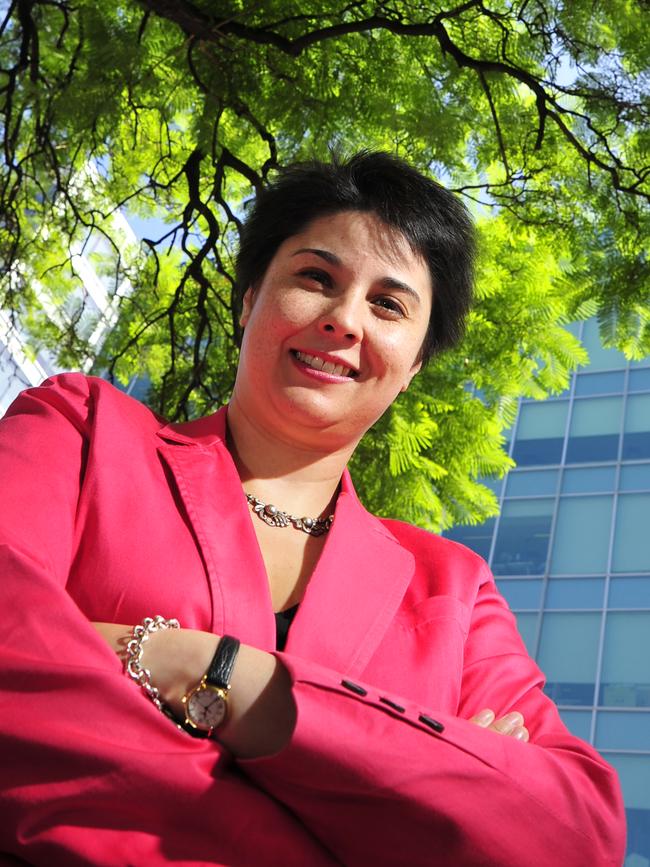
Finlaysons Lawyers special counsel Kyra Reznikov said there would “always be work for lawyers”, especially in her area of project approvals and environmental assessments for major projects.
The development of new technology also created work for lawyers, she said.
“Obviously our legal system was written at a time when we had never contemplated doing something like that … putting hydrogen into our pipelines and that sort of thing,” she said.
“So there’s always going to be a need to be bringing law up to speed with the way society’s changing and technology is changing, then helping our regulators, our stakeholders, our community to understand what it is that we’re doing.”
Flinders University global ecology Prof Corey Bradshaw said skills in psychology and political science were also needed to support changes.
Environmental engineer at GHD Laura Trotter said sustainability was “intertwined in every profession... it’s becoming a way of life it will continue to... as more and more people are advocating and stepping up for the environment”.
More Coverage
Read related topics:Environment & Climate





